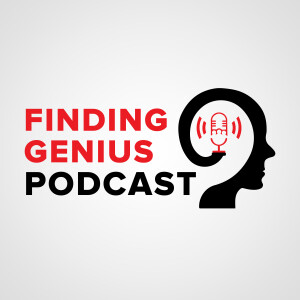
Harnessing Python for Research: Scientific Applications of Python with Michael Kennedy
 2021-03-10
2021-03-10
Still scrabbling with Excel? Consider Python language uses, says programmer and podcaster Michael Kennedy. A general programming language that is easy to use in multiple environments, Python programming is limitless and has numerous open source utilities. He shares how listeners can grab hold of the advantages of Python.
Listen and learn
- Examples of Python uses in industry, from Perseverance on Mars to how well Netflix works across devices,
- How Python and Excel compare and why jumping to Python will take less time than you might think, and
- What are additional Python language benefits and applications and what are helpful resources to learn more.
Programmer Michael Kennedy of the podcasts Talk Python to Me and Python Bytes helps listeners get a jump start on this useful tool for researchers. He gives a fascinating description of the spectrum of its uses, from most AI algorithms and machine learning to YouTube and Netflix's performance across different technologies. But it's also extremely approachable and applicable to the smallest research project.
He adds that often missing from conversations about needing more programmers is how adaptable Python can be for researchers already steeped in their fields. He says that scientists and graduate students can easily learn Python and turn it into their "superpower."
How? Well for starters, there are numerous resources for learning the basic language, which he provides. But the beauty of Python is that while it is easy to learn quickly, it can be complex enough for projects at the highest level. That's why, he says, users often say you can learn it in a weekend and learn it for a lifetime. He also explains other benefits, like the 300,000 external libraries of Python, with prebuilt libraries for every discipline. But even beyond that, there are tools like loadable data structures to utilize to do the kind of analysis you may not be able to program.
Finally, all these tools are free and open source. Intrigued? Listen in for more tips on how to get started with Python.
Episode also available on Apple Podcasts: apple.co/30PvU9C
More Episodes
Create your
podcast in
minutes
- Full-featured podcast site
- Unlimited storage and bandwidth
- Comprehensive podcast stats
- Distribute to Apple Podcasts, Spotify, and more
- Make money with your podcast
It is Free
- Privacy Policy
- Cookie Policy
- Terms of Use
- Consent Preferences
- Copyright © 2015-2024 Podbean.com






